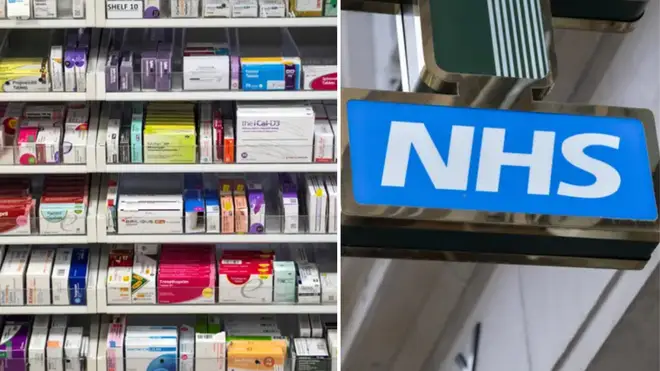The costs and red tape associated with Brexit are depriving UK cancer patients of life-saving drugs and trials of revolutionary treatments, The Independent reports.
As the population grows, along with improved diagnosis and awareness, cancer is being diagnosed in huge numbers, raising the importance of global co-operation on new treatments.
But five years after the UK left the European Union, an in-depth analysis has found that Britons with cancer have “lost out” due to rising costs and bureaucracy since leaving the EU. In contrast, patients across Europe are experiencing a golden age of pioneering research and new treatments, the report said.
The report, made public by The Guardian, said Brexit had “damaged the practical ability” of doctors to offer NHS patients new life-saving drugs through international clinical trials.
The report cites cases where the cost of importing new cancer drugs has almost quadrupled due to bureaucracy since Brexit, and in some trials the cost of delivery has risen 10 times since the UK left the EU.
The extra regulations and costs are having a “significant negative impact” on cancer research in the UK and creating “new barriers” that are “holding back vital research” for Britons, the report said.
Post-Brexit bureaucracy
The Independent has previously covered how post-Brexit bureaucracy has caused major delays in the supply of medicines, increasing the risk to NHS patients.
These include life-saving antibiotics, hormone replacement therapy (HRT) and drugs to treat attention deficit hyperactivity disorder (ADHD), with supplies cut and the NHS forced to overpay to get them to Britain.
The new report, compiled by experts from organisations including Cancer Research UK, the University of Southampton and research consultancy Hatch, provides evidence from leading academics, researchers and clinicians.
It cites three areas of UK cancer research that have been most affected by Brexit: the regulatory framework for clinical trials, labour mobility and access to funding.
Dr Martin McKee, professor of European public health at the London School of Hygiene and Tropical Medicine, told The Guardian:
“Those of us who understood the EU warned repeatedly about precisely these concerns. These findings are not just predictable, they were predicted. It was always inevitable that Brexit would lead to costly duplication and barriers to collaboration.”
The report comes amid Sir Keir Starmer’s talks with Brussels after years of tense negotiations under the Conservatives.
Ministers have pledged to strengthen the UK’s research relationship with the EU as part of the Prime Minister’s attempt to rebuild ties with the bloc.
A government spokesman said: “We are strengthening our relationship with the EU on research and have been providing extensive support for researchers to help them secure funding from the £80bn Horizon Europe programme and get more vital treatments from the lab to patients.”
